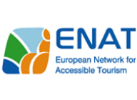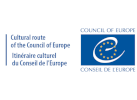1. What year was the BVGD established, and where is the headquarters?
The BVGD was founded in 1994 in Cologne. The headquarters is now in Nuremberg, Bavaria.
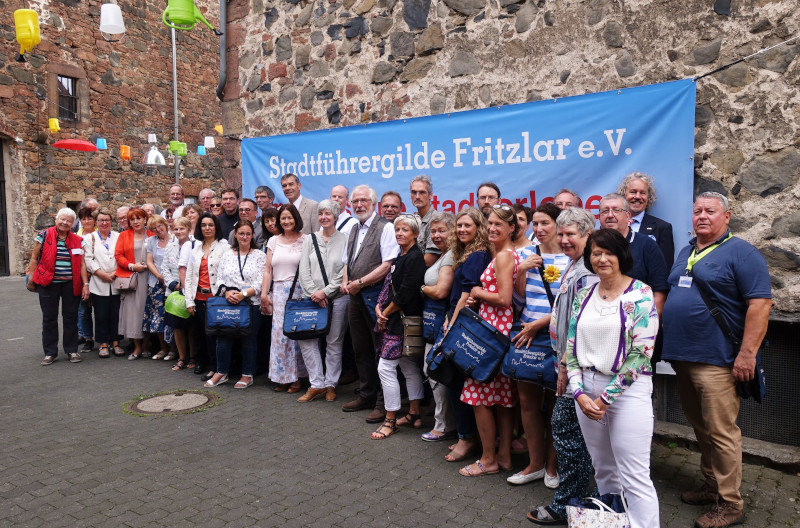 Tourismus und Marketing Hessisches Gästeführertreffen Fritzlar © BVGD
Tourismus und Marketing Hessisches Gästeführertreffen Fritzlar © BVGD
2. What is the primary mission/goal of the BVGD?
The main aim of the German National Tourist Guide Association (BVGD) is to successfully establish a high level of education and promote the profession of tourist guides. BVGD has developed policies that benefit not only its members but also many tourism stakeholders.
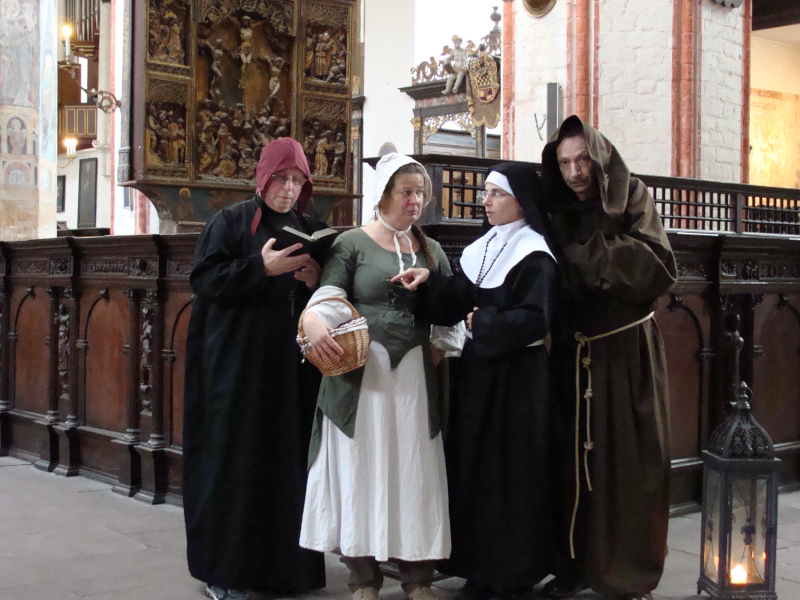 Luther Stralsund © BVGD
Luther Stralsund © BVGD

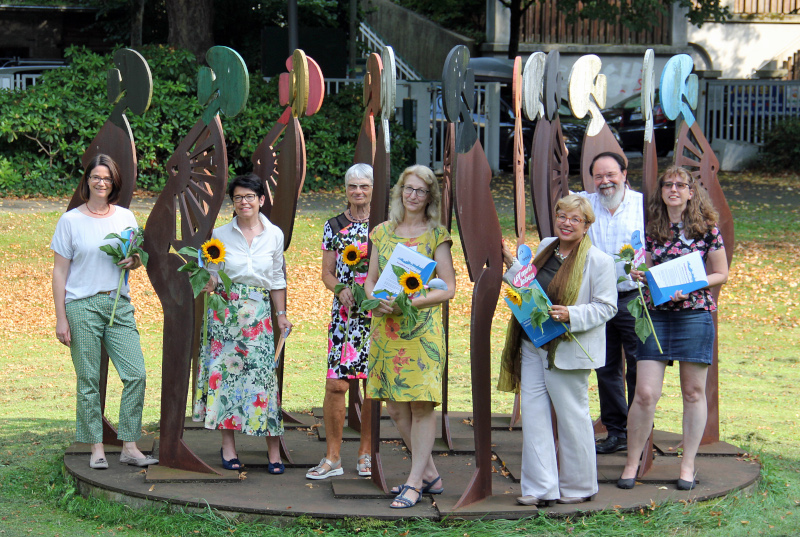 Mitglieder Leverkusen © BVGD
Mitglieder Leverkusen © BVGD
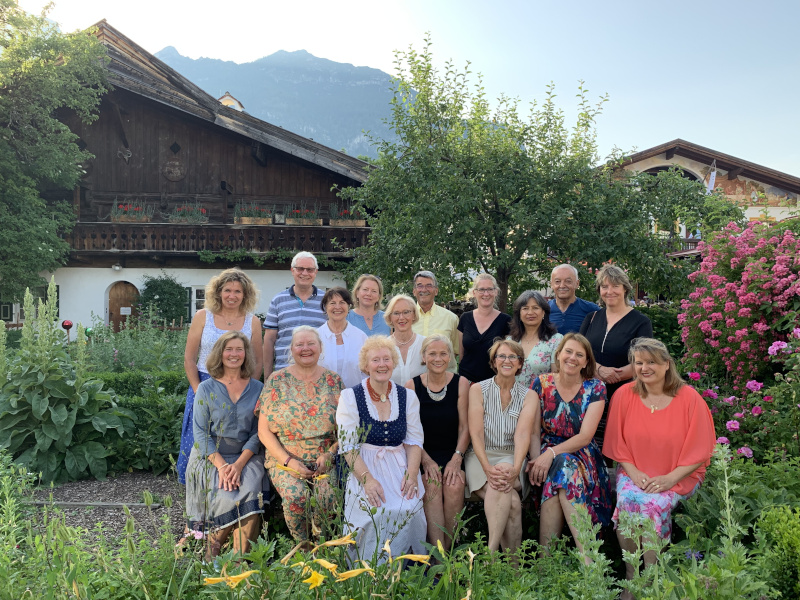 Mitglieder Garmisch © BVGD
Mitglieder Garmisch © BVGD
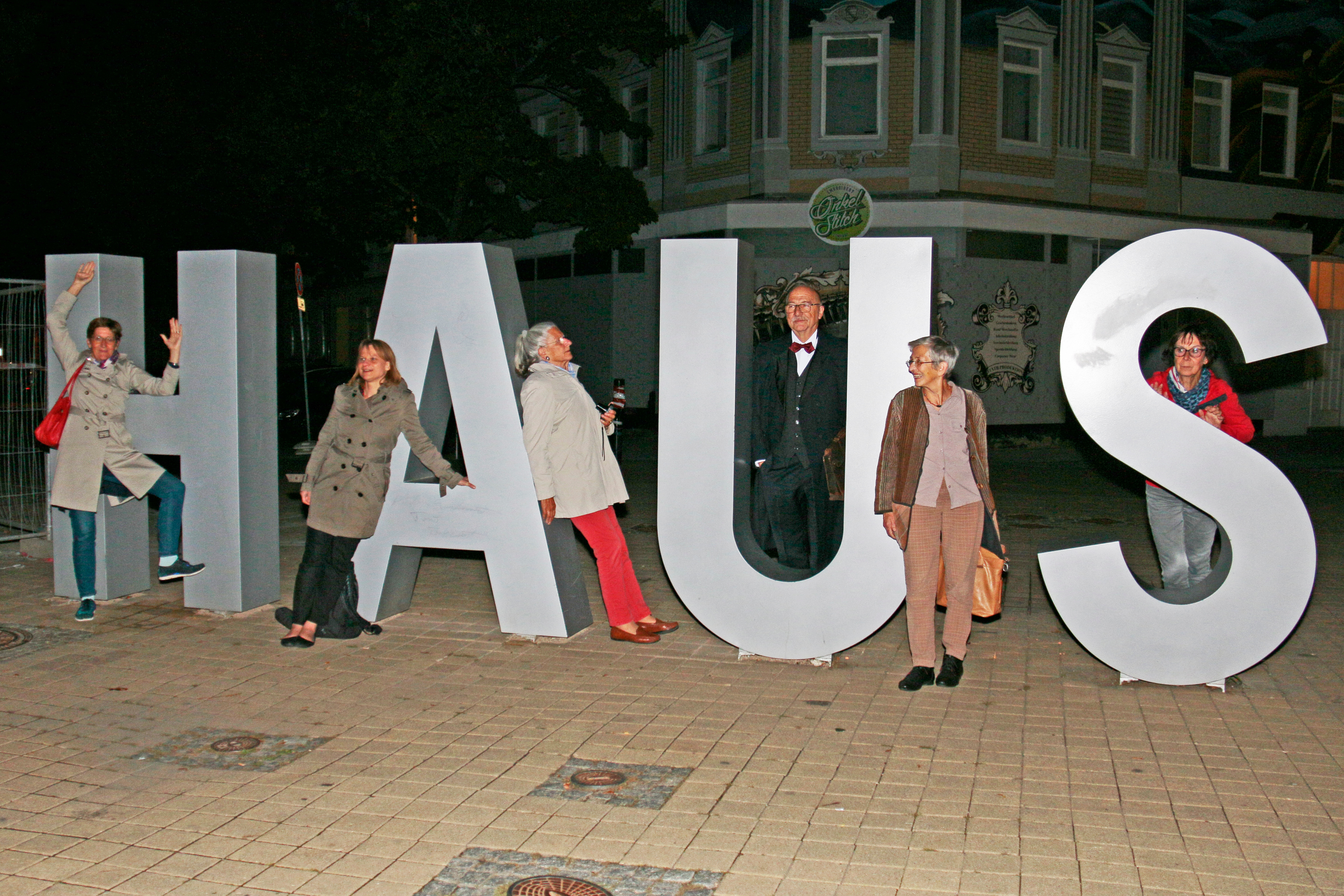 Infos Mitglieder Chemnitz - Düsseldorf © BVGD
Infos Mitglieder Chemnitz - Düsseldorf © BVGD




